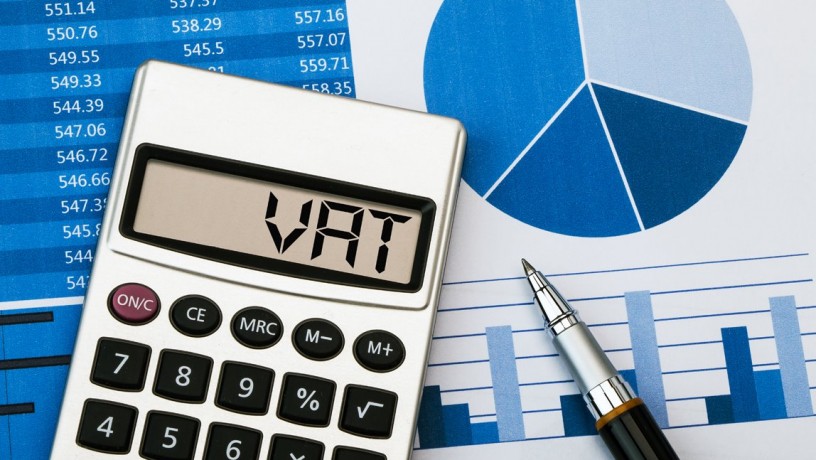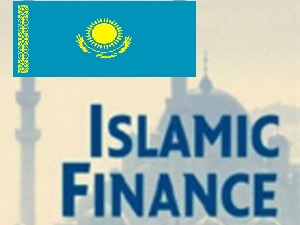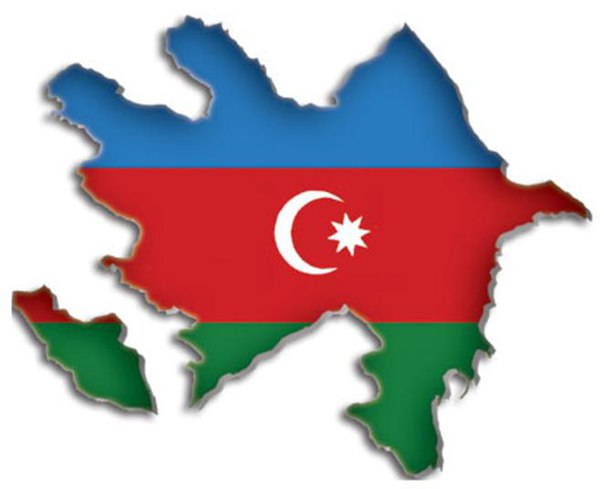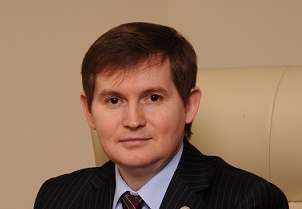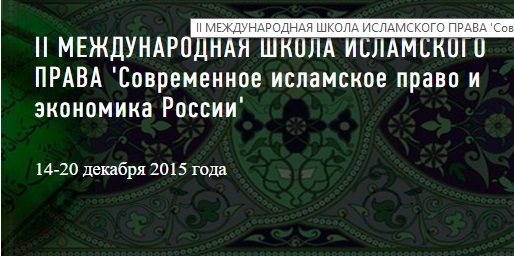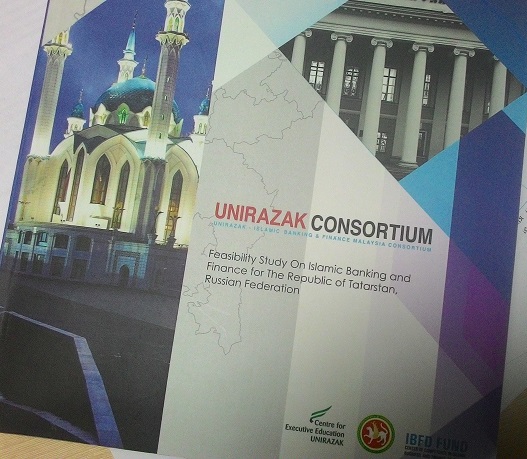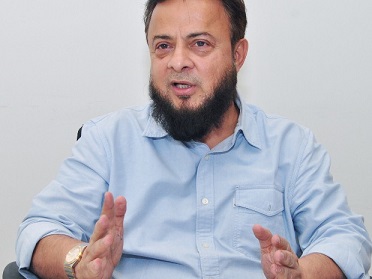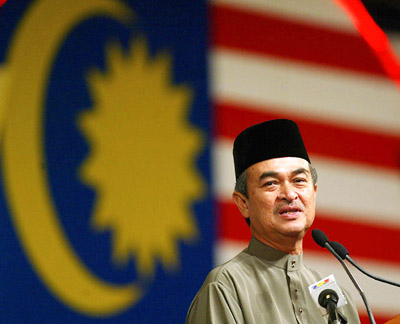Homepage | About us |
Advertise | Partners |
 Contacts | Contacts |
 Русский Русский
|
 |
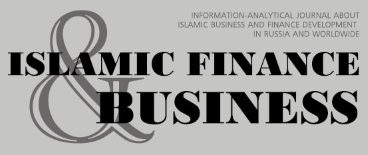 |
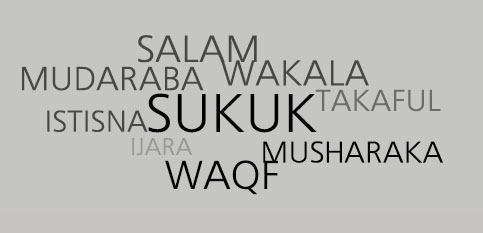 |
Latest News
Recent Comments
|
Islamic banking readied18.08.2010As Russia’s 20 million Muslims observe the holy month of Ramadan, the country’s banks are beginning to wake up to the growing opportunities offered by Islamic banking.
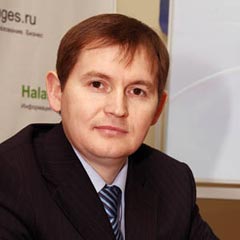
As Russia’s 20 million Muslims observe the holy month of Ramadan, the country’s banks are beginning to wake up to the growing opportunities offered by Islamic banking.
But more than the strict ethical guidelines that govern Islamic banking, it’s a cultural leap that is proving the most difficult for Russian bankers. It’s an obstacle that Linar Yakupov, who heads Russia’s Islamic Business and Finance Development Fund, is hoping to overcome. “Sharia banking stands a good chance in Russia, since Islamic business is slowly but surely developing here,” Yakupov said in an interview with The Moscow News. “Recently a centre for halal food producers opened in Kazan. There are more investment companies working according to Sharia rules, and foreign Muslim investors are actively seeking opportunities here.” Ethical rules Under Sharia law, the key principle governing Islamic banking is sharing profit and loss and the prohibition of usury, which is interpreted as both receiving interest on deposits and paying interest on overdrafts and loans. “Banking according to Shariah law is very much like an investment house, since it forms a partnership with a borrower – that’s why about half the world’s Islamic banking clients are not Muslims,” said Yakupov. VTB tries Islamic projects In the second half of this year, state-controlled VTB Bank plans to sell sukuk, or Islamic, bonds worth about $200 million, Reuters reported in April. A sukuk does not pay interest, but in its simplest form, known as ijarah, it generates revenue for investors derived from the assets that underpin it. “For international loans VTB is considering not only Western banks but also Asia and Arab countries, and the bank is going to diversify bonds and emit not only euro bonds, but also Islamic sukuk bonds,” said Andrei Kochkin, a spokesman for VTB Capital, VTB’s investment banking arm. VTB has already taken its first steps in Islamic finance, last summer opening a VTB Capital office in Dubai. The bank also has plans to launch two Islamic projects, investing in Russian real estate together with the Sultan of Oman’s State General Reserve Fund, and setting up an infrastructure fund together with Fouad Alghanim & Sons, a Kuwaiti business conglomerate. Banking experts say that, given Russia’s growing Muslim population, Islamic finance could potentially involve 5 per cent to 10 per cent of the country’s citizens. “In European countries, Japan and Britain, there is wide practice of Islamic banking, but here in Russia we need to thoroughly investigate the market and the target audience,” said Leonid Sukiyainen, a professor at Moscow’s High School of Economics, adding: “The word Islam sounds scary to many Russians today.” Cultural divide Russia’s only Islamic bank, Badre Forte, opened in Moscow in 1991 and offered customers an interest-free debit card and halal money transfers and mortgages. The bank stopped working in 2006 when its license was revoked by the Central Bank, and Badre Forte protested its closure, describing it as an anti-Islamic gesture. The cultural divide is one that still has to be overcome in Russian banking circles, said Renat Bekkin, an expert in Islamic finance who teaches at Moscow’s State Institute of International Relations. “There are some people working in the Russian Central Bank who do not support the idea of Islamic banking.” He said. “Some people think it’s sued to support terrorism or other illegal activities.” http://www.mn.ru/business Latest News |
Editor's ColumnAnalytics
News in RSS format |
| © IBFD Fund, 2009-2026. Developed by Linova-MEDIA. Хостинг от uCoz. Design by WebRT |

